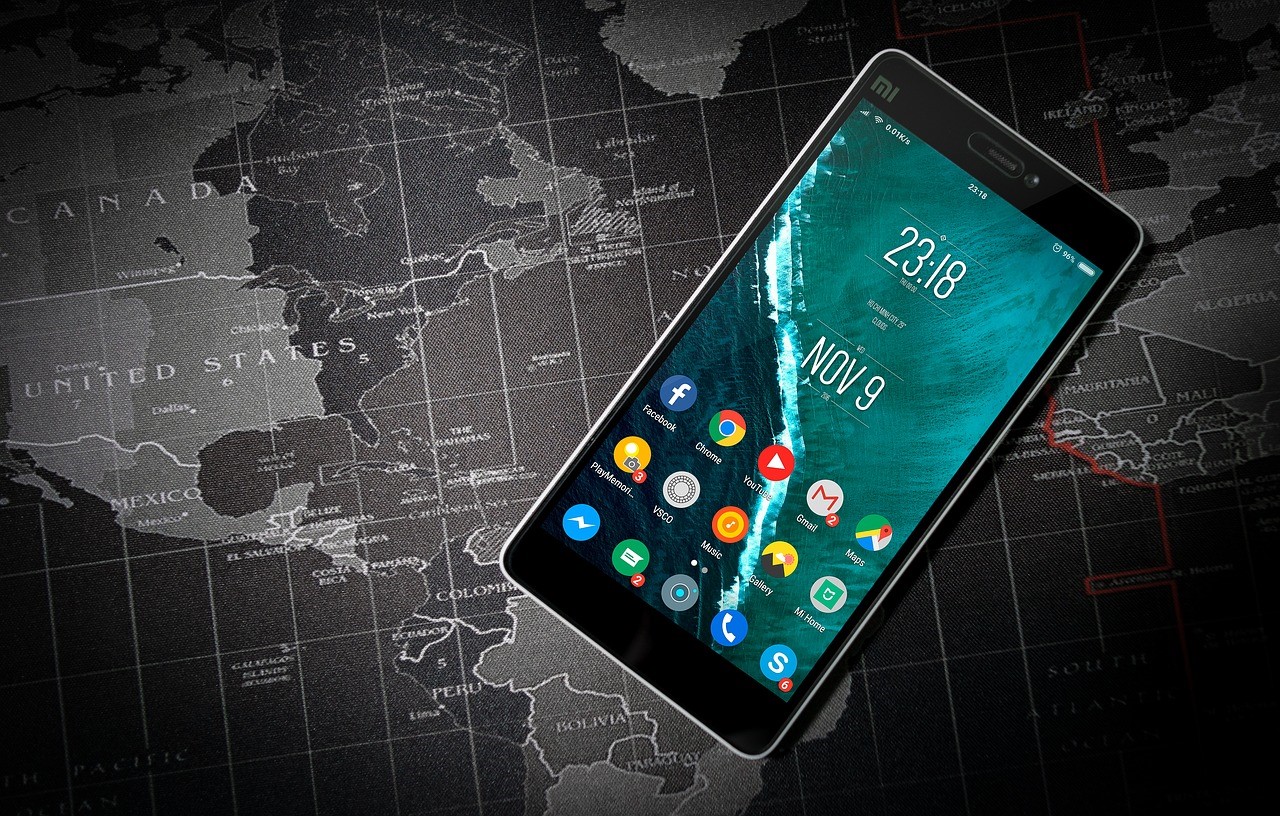
By Heather Hamilton, contributing writer
Android software is gathering data regarding your location and sharing it with Google, even if you’ve disabled your location services, haven’t inserted a SIM card, and are not using any apps, revealed an investigation by digital news outlet Quartz.
Beginning in 2017, Android phones began recording the addresses of cellular towers in a user’s area, even in the absence of location services. Then it goes back to Google, providing data about your location and movement. Devices connected to either Wi-Fi or cellular data send the location to Google upon connecting. After Quartz noticed the data collection, they contacted Google, who confirmed the practice.
A spokesperson said that the addresses of cell towers have been among the information sent to the system used to manage push notifications and messages. They confirmed that it has been occurring for the past 11 months, though they maintain that the addresses are neither stored nor used. After the Quartz inquiry, Google has said that they will begin phasing out the practice, to be done by the end of November.
“In January of this year, we began looking into using Cell ID codes as an additional signal to further improve the speed and performance of message delivery,” they wrote in an email. “However, we never incorporated Cell ID into our network sync system, so that data was immediately discarded, and we updated it to no longer request Cell ID.” Quartz says that it isn’t clear how cell tower addresses might be used to improve message delivery.
“While information about a single cell tower can only offer an approximation of where a mobile device actually is, multiple towers can be used to triangulate its location to within about a quarter-mile radius, or to a more exact pinpoint in urban areas, where cell towers are closer together,” said Quartz.
In an age when privacy is highly valued but hard to come by, Google’s misstep is particularly concerning, especially for victims who may need to (legally) hide their location. The encrypted data has the potential to be hacked and sent to a third party, which could identify the rough location of the phone’s owner.
It’s a practice that Android users are unable to opt out of, even if they do a factory reset, reports The Verge . In a statement, they also told the publication that all modern Android phones use a network sync system requiring mobile country codes as well as mobile network codes. They consider tower information “Cell ID” codes, which they saw as an “additional signal to further improve the speed and performance of message delivery.”
In Google’s privacy policy, it says that the company will collect location information from devices that use its service but does not specify whether it will collect data from location-service-disabled devices.
Advertisement
Learn more about Electronic Products Magazine





